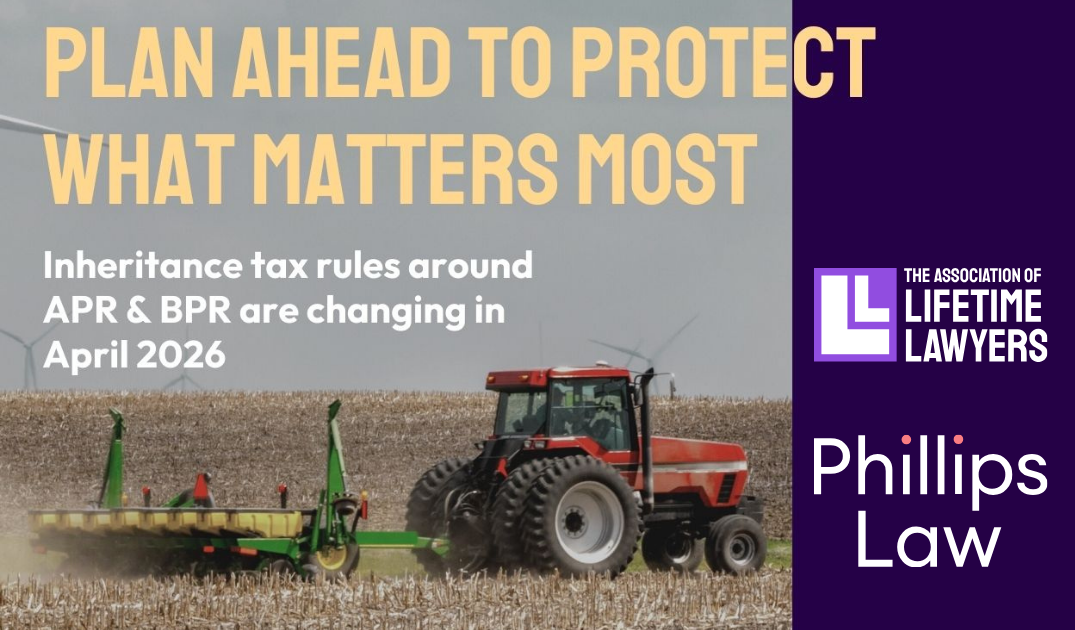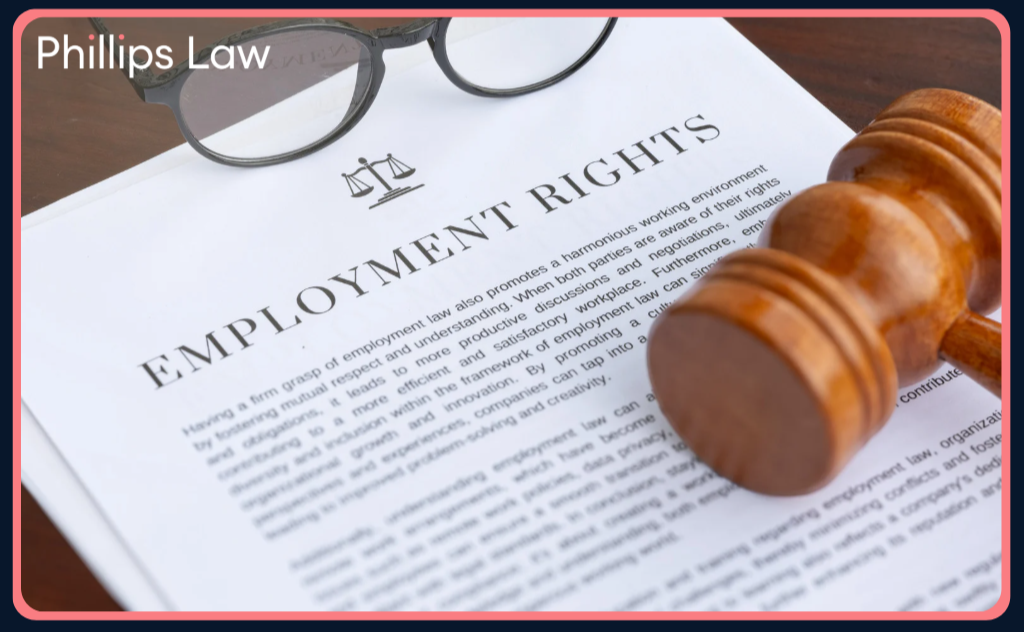
12 July 2021
When a loved one has died, any debt they have left is probably the last thing you want to think about. However, it is an issue that cannot be ignored and an area where there are some commonly held misconceptions.
Among them is the idea that when someone dies, their debt always dies with them. This is not true.
Another is that members of the family are personally held responsible to pay off any debts, but again this is not the case.
Sarah Parker who is a solicitor working in the Wills and Probate Team at Phillips said: “When someone dies, any debts they have will be paid out of their estate, which is made up of their assets, such as their home and any cash and money they have in bank or building society accounts. This also includes any business interests and investments they held and any other property they owned.”
Make a list of the debts owed
When someone has made a Will, they should have appointed an executor or executors to deal with their estate after they have died. The role of the executor is to administer the estate and carry out the instructions as stipulated in the Will. This includes determining what debts there are and arranging for these to be paid before anything is distributed to the beneficiaries named in the Will.
Sarah said: “If you are an executor, you will need to start by going through all the paperwork and financial statements and make a list of everything owed. If you find there is more debt than assets, then the estate will be insolvent. In this situation you should seek professional advice on how to proceed. Even with a solvent estate we advocate advertising for unknown creditors to limit your personal liability.”
Priority of Debts
Before any unsecured debts are paid, the executor is allowed to cover the costs involved in making funeral arrangements and any fees to cover the administration of the estate.
Once the Grant of Probate has been issued and creditor notices have expired the executor can start to pay the debts before distributing any balance to the beneficiaries. A Grant of Probate is a document that gives an executor or executors the legal power to deal with the estate.
There is an order in which debts must be paid which is as follows:
- Secured debts, such as a mortgage
- Priority debts like income tax and council tax
- Unsecured debts which include credit cards, loans and utility bills
Sarah said: “If there is not enough money in savings/investments to cover these then the executor can sell assets such as vehicles, furniture and valuables like jewellery, to pay the debts on the estate.”
Can a debt be passed to a spouse or civil partner?
If the deceased borrowed money in their name only then the debt will not be passed to their spouse or civil partner for them to repay personally. The exception to this is if the surviving spouse/civil partner guaranteed the loan, in which case they will be liable for the debt.
What happens to a debt that is held in joint names?
When a debt is held in joint names, such as with a mortgage, the other person who is named in the lending document takes on the full responsibility for the outstanding debt.
Check for insurance policies
It is important to check to see if an insurance policy was set up to by the deceased to pay off their debt on their death. For example, often people take out an insurance policy to pay off their mortgage.
We are here to help
If you would like to discuss this or any other Wills and Probate issues, please do not hesitate to get in touch with Sarah by calling 01256 854608, emailing [email protected] or by using our request a quote form.
Disclaimer
This article is current at the date of publication set out above and is for reference purposes only. It does not constitute legal advice and should not be relied on as such. Specific legal advice about your specific circumstances should always be sought separately before taking any action.
Contact Us
Please call us or email and we’ll get back to you as soon as possible.

We are delighted to announce that Phillips Law is the regional sponsor of the Knight Frank Schools Triathlon, supporting both the Charterhouse and Marlborough events. The Schools Triath ...
More
What farming families and business owners need to know If you own a farm, land, or a family business, you will have undoubtedly heard that inheritance tax (IHT) rules are changing. Whil ...
More
We are about to see a great wave of Employment Law changes following the Employment Rights Act 2025 becoming law in December. We will use these updates to keep you abreast of the change ...
More
As we look back on a busy and notable January at Phillips Law, we wanted to share a round-up of recent milestones, insights, and community moments from across the firm. Phillips Law cel ...
More
A guide to share incentivisation for employers and an update on the new employment rights. We have created a morning of practical insight that focuses on how you can reward and retain y ...
More
We are proud to announce Victoria’s Promise as Phillips Law’s Charity of the Year for 2026. Victoria’s Promise is a local charity providing dedicated support to young women aged 25 to 5 ...
More